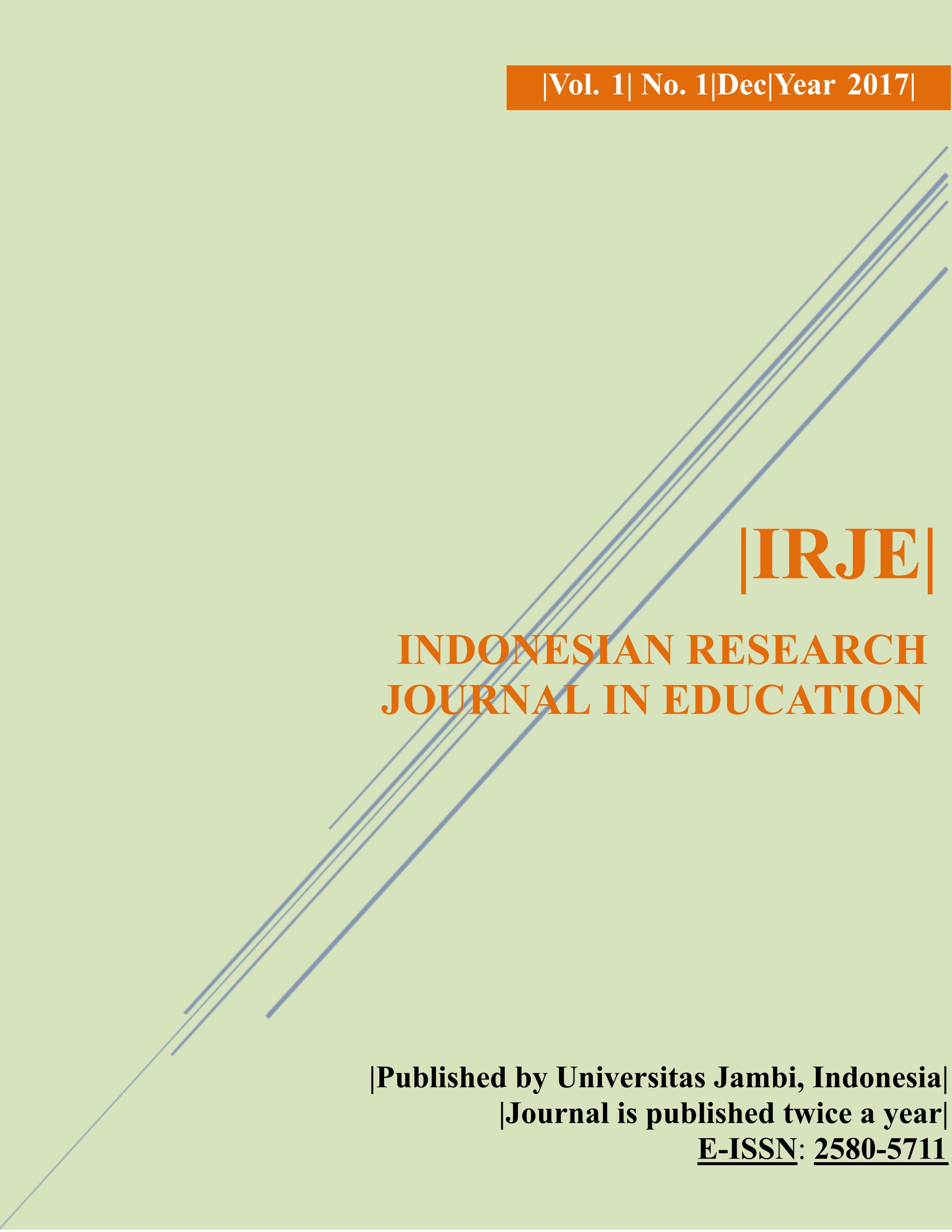A Model for Evaluation of Rural Schools in Developing Countries
DOI:
https://doi.org/10.22437/irje.v1i1.4334Abstract
Rural schools in developing countries present a unique opportunity to understand the factors required to create a successful learning environment for students with a specific set of challenges. This paper proposes a developmental model for evaluating rural schools, constructed with data derived from evaluation and research projects carried out in Yucatan, Mexico. In short, the model assumes that rural schools should provide a comprehensive set of services and support for a socially vulnerable population. Thus, this is a developmental model of evaluation that considers the school as a holistic unit, including the quality and length of educational services, the social supports, the school infrastructure, and the availability of comprehensive services before evaluating learning and curriculum. Sustainability, a key element in the model, is examined through school infrastructure, constancy and overall provision of services, and the degree of students’ readiness to learn and opportunities offered. The model can place a school along a specific point along a continuum of a developmental process, providing clear directions and specific goals for school leaders to use to grow and advance the rural school toward a fully comprehensive center of learning and social change.
Downloads
Downloads
Published
Versions
- 2017-12-27 (1)
- 2017-12-27 (1)
How to Cite
Issue
Section
License
After the manuscript is accepted for publication, authors will be required to sign a copyright transfer form. Copyright will be transferred to Jambi University, the Graduate School, Doctoral Program in Education, via e-mail. A copyright form will be sent to you via e-mail after the accepted manuscript has been submitted.




